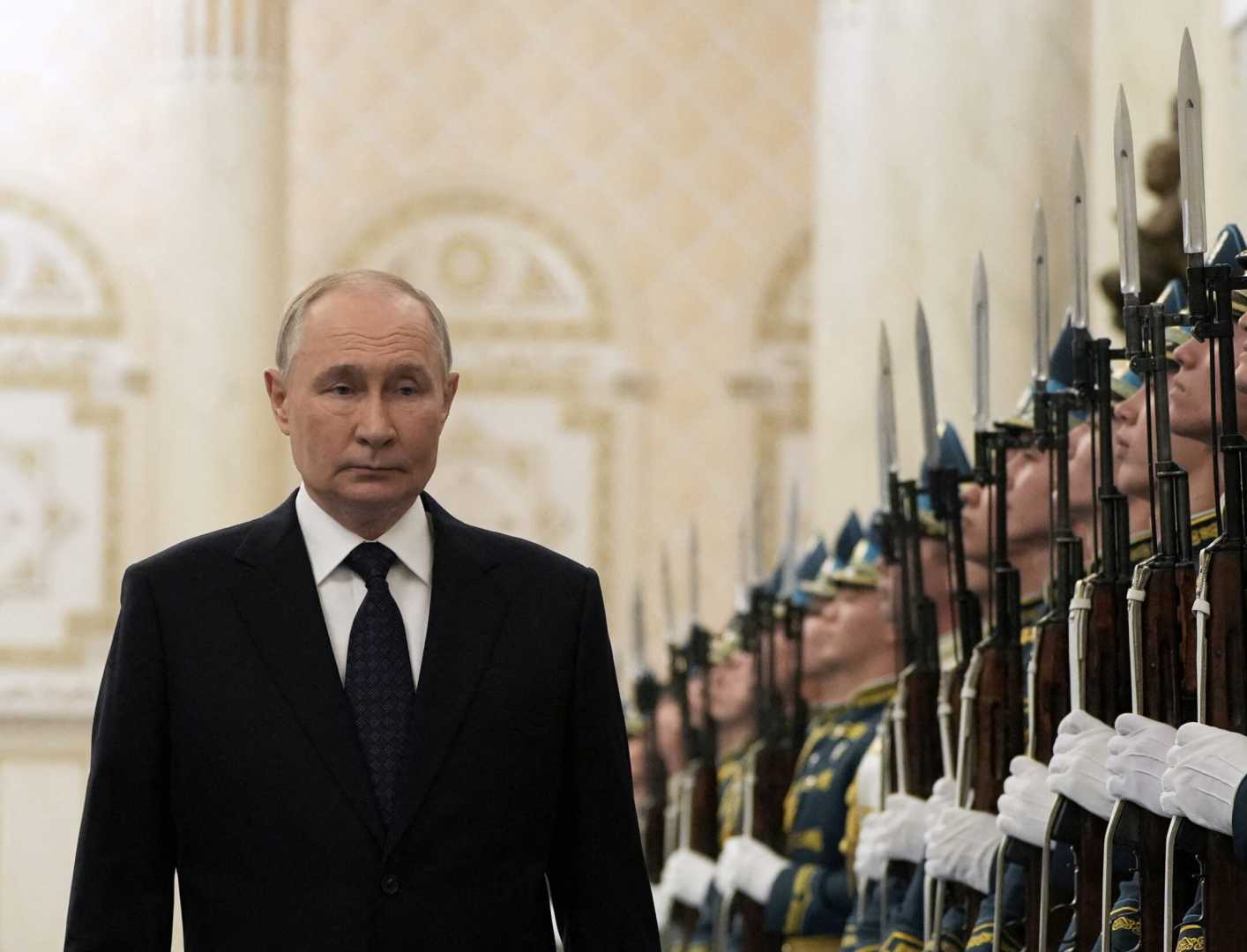World
Putin Faces Economic Strain as War in Ukraine Drags On

MOSCOW, Russia — President Vladimir Putin is growing increasingly concerned about distortions in Russia’s wartime economy as the conflict in Ukraine continues, according to five sources familiar with the situation. The Russian economy, heavily reliant on oil, gas, and mineral exports, has faced mounting challenges, including labor shortages, high inflation, and record military spending.
Despite initial resilience following Western sanctions imposed after Russia’s 2022 invasion of Ukraine, domestic economic activity has slowed in recent months. Inflation has surged, prompting the central bank to raise interest rates to 21% in October 2024. These pressures have fueled discussions within the Russian elite about the possibility of a negotiated settlement to the war, two sources told Reuters.
“Russia, of course, is economically interested in negotiating a diplomatic end to the conflict,” said Oleg Vyugin, former deputy chairman of the Central Bank of Russia, in an interview. He cited the risks of prolonged economic distortions due to soaring military and defense spending.
Kremlin spokesman Dmitry Peskov acknowledged “problematic factors” in the economy but emphasized its stability. “The situation is assessed as stable, and there is a margin of safety,” Peskov said. However, Putin has privately expressed frustration over the economic strain, particularly the impact of high interest rates on non-military businesses, according to sources.
Russia’s defense spending has reached a post-Soviet high of 6.3% of GDP in 2024, accounting for a third of the budget. This has driven inflation toward double digits and exacerbated labor shortages, pushing wages higher. The government has also sought to increase tax revenues to reduce the fiscal deficit.
At a December 16 meeting with business leaders, Putin reportedly criticized top economic officials for the rising cost of credit, which has stifled private investment. Central Bank Governor Elvira Nabiullina, a key figure in Russia’s economic policy, has faced pressure from influential business leaders to avoid further rate hikes. Despite this, the central bank held rates steady at its December meeting, defying market expectations of an increase.
Putin has signaled openness to ceasefire talks, contingent on Russia retaining its territorial gains in Ukraine and Ukraine abandoning its bid to join NATO. However, no formal proposals have been made, and the Kremlin has yet to receive specific offers for negotiations, a senior aide said.
As the war enters its third year, the economic toll on Russia continues to mount. While some analysts believe Russia can sustain its military efforts, others warn of growing vulnerabilities. “There are some issues here, namely inflation, a certain overheating of the economy,” Putin acknowledged during his annual news conference in December. “The government and the central bank are already tasked with bringing the tempo down.”












